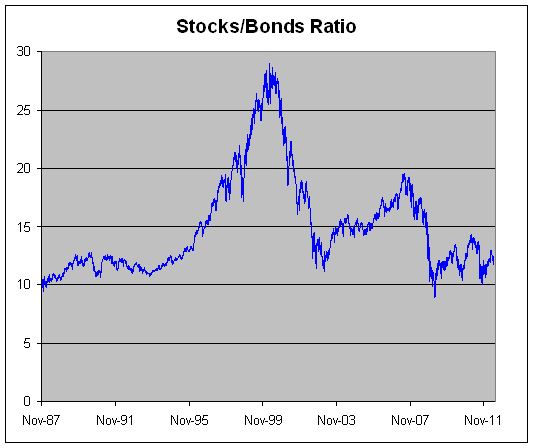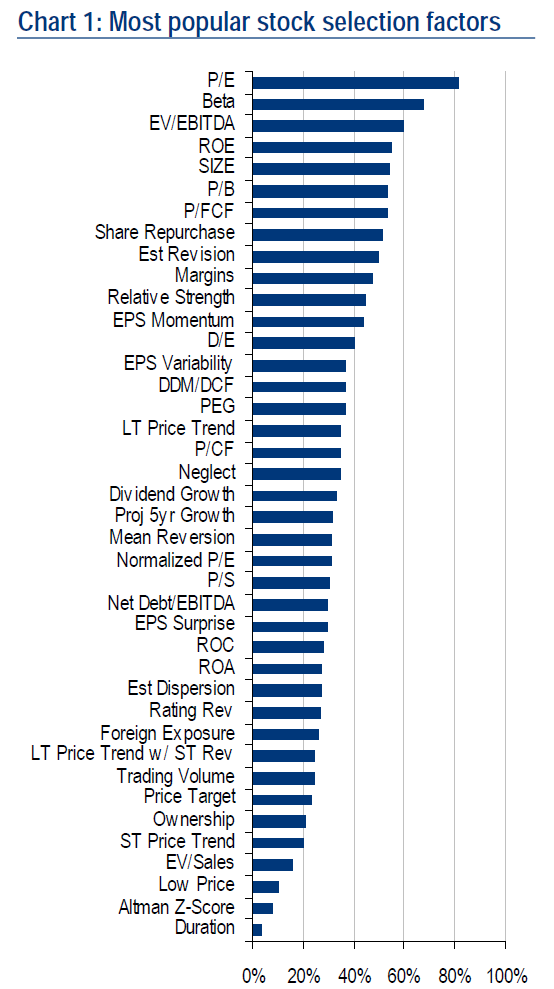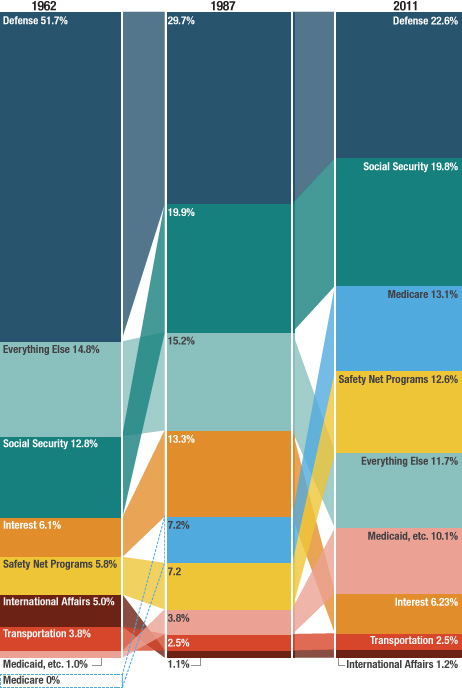A részvények és kötvények teljesítménye: (ha emelkedik, akkor a részvény teljesít jobban, ha esik, akkor a kötvény, Vanguard 500 Index Investor Fund / Vanguard Long-Term Investment-Grade)

The mechanics of shelving the Euro for its own currency are pretty predictable. One day soon, imagine it's late on a Friday afternoon, the Greek government will declare all banks closed for the following week. By Monday, the legislature will vote an emergency law that designates a fixed exchange rate of, say, 1 drachma –– the Greek pre-Euro currency –– for each Euro. By Monday, all corporate and personal savings in Greek banks will be denominated in drachma.
The drachma will tumble in value, so that almost immediately, Greek consumers will need at least 1.5 Drachma to buy one Euro. A savings account that held 15,000 euros is now 15,000 Drachma. But those drachmas will soon fetch just 10,000 Euros. That's a "devaluation" of 33%. "That number is the low-end of the range for countries that exit a common currency," says Uri Dadush, an economist at the Carnegie Endowment.
Greeks paid in drachma will go to the ATM then immediately exchange their drachma for Euros people have stashed in their freezers," says Varoufakis. He thinks that the drachma will keep plunging against foreign currencies, and Greeks will keep bailing, causing a new crisis of hyperinflation.
Overnight, Greece will once again become what it was in pre-Euro days: an inexpensive country. Tourists will cancel their vacations in Turkey –– which a few weeks ago were the Mediterranean bargain –– and tour the Greek islands instead. Exports of Greek tomatoes, olive oil and fish from its fish farms will expand, and imports of manufactured goods will fall as they rise in price versus domestically made products.
Greece will also default on its sovereign debt, another necessary step towards recovery. The European Central Bank will suffer big losses, but private bondholders have already taken most of the pain.
---------------
Most central banks nowadays aim for price stability defined as 2 percent core inflation. The "core" means that they strip out volatile food and energy prices because 1) those prices mostly don't figure into long-term contracts, and 2) they're set in world markets. But Europe goes further. They strip out housing too.
Per the GDP deflator, inflation has been dangerously low in Europe the past four years. You can thank the euro-wide housing bust for that. From Spain to Ireland to France and the Netherlands, housing bubbles have deflated. But the ECB doesn't see these price declines when it targets 2 percent HICP inflation. So it overestimates inflation, underestimates the size of the crisis, and consequently does much less than it should.
---------------


A bejegyzés trackback címe:
Kommentek:
A hozzászólások a vonatkozó jogszabályok értelmében felhasználói tartalomnak minősülnek, értük a szolgáltatás technikai üzemeltetője semmilyen felelősséget nem vállal, azokat nem ellenőrzi. Kifogás esetén forduljon a blog szerkesztőjéhez. Részletek a Felhasználási feltételekben és az adatvédelmi tájékoztatóban.